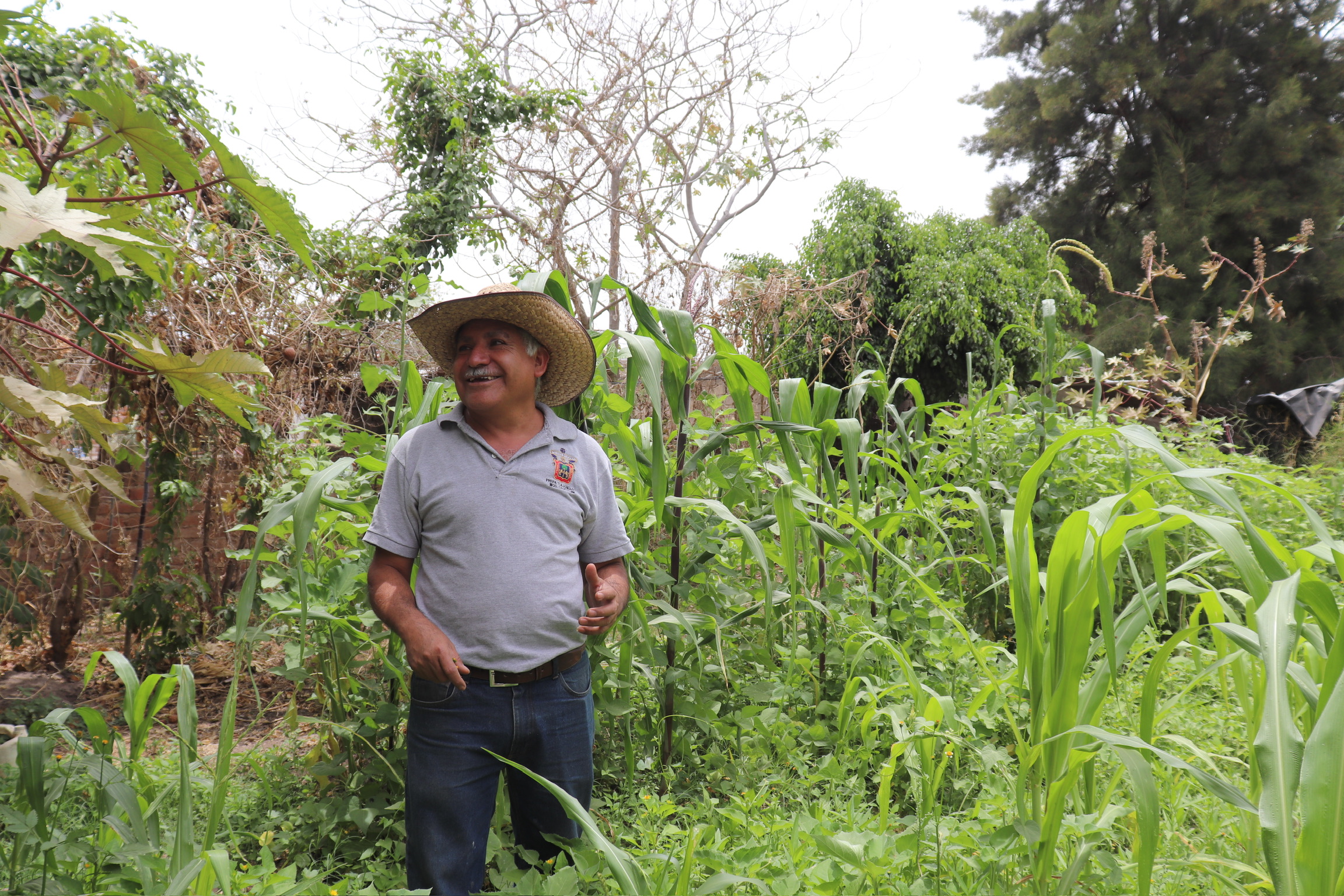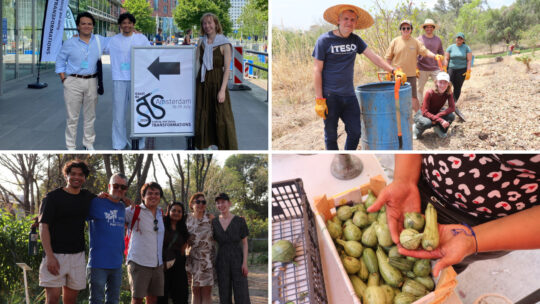
Mexico
Un Acto de Resistencia: Transforming Food Systems in Jalisco, Mexico
- Status
- Completed Research
- Research Year
- 2023-24
Industrial agriculture negatively impacts small-scale farmers and food access in rural communities in Jalisco, Mexico, exacerbating food insecurity for the hardly reached populations. Alternative Food Networks (AFNs) have emerged as a transformative solution. AFNs are collaborative relationships formed among various actors within local agri-food systems for the production, distribution, and consumption of food that challenge conventional agro-industrial practices. AFNs prioritize food sovereignty by creating alternative food production, distribution, and consumption systems that empower local communities. The success of AFNs lies in their local focus, diversity, collaborative approach, and adaptability to challenges, exemplifying community-driven solutions that address complex food access issues. As such, this case study explores how AFNs help ensure food sovereignty for the well-being of local farmers and vulnerable communities in Jalisco, Mexico.
This research is conducted in collaboration with ITESO, Universidad Jesuita de Guadalajara.
Researchers
-

-

University of Toronto
Charles Pinto
-

-

Mentors
-

University of Toronto
Erica Di Ruggiero
Associate Professor of Global Health and Director of the Centre for Global Health, Dalla Lana School of Public Health, University of Toronto
-

Gregorio Leal
Interdisciplinary Center for Education and Social Outreach (CIFOVIS)
Related Information
-

Blog
Investigating Food Sovereignty through Alternative Food Networks in Jalisco, Mexico
30/07/2024
